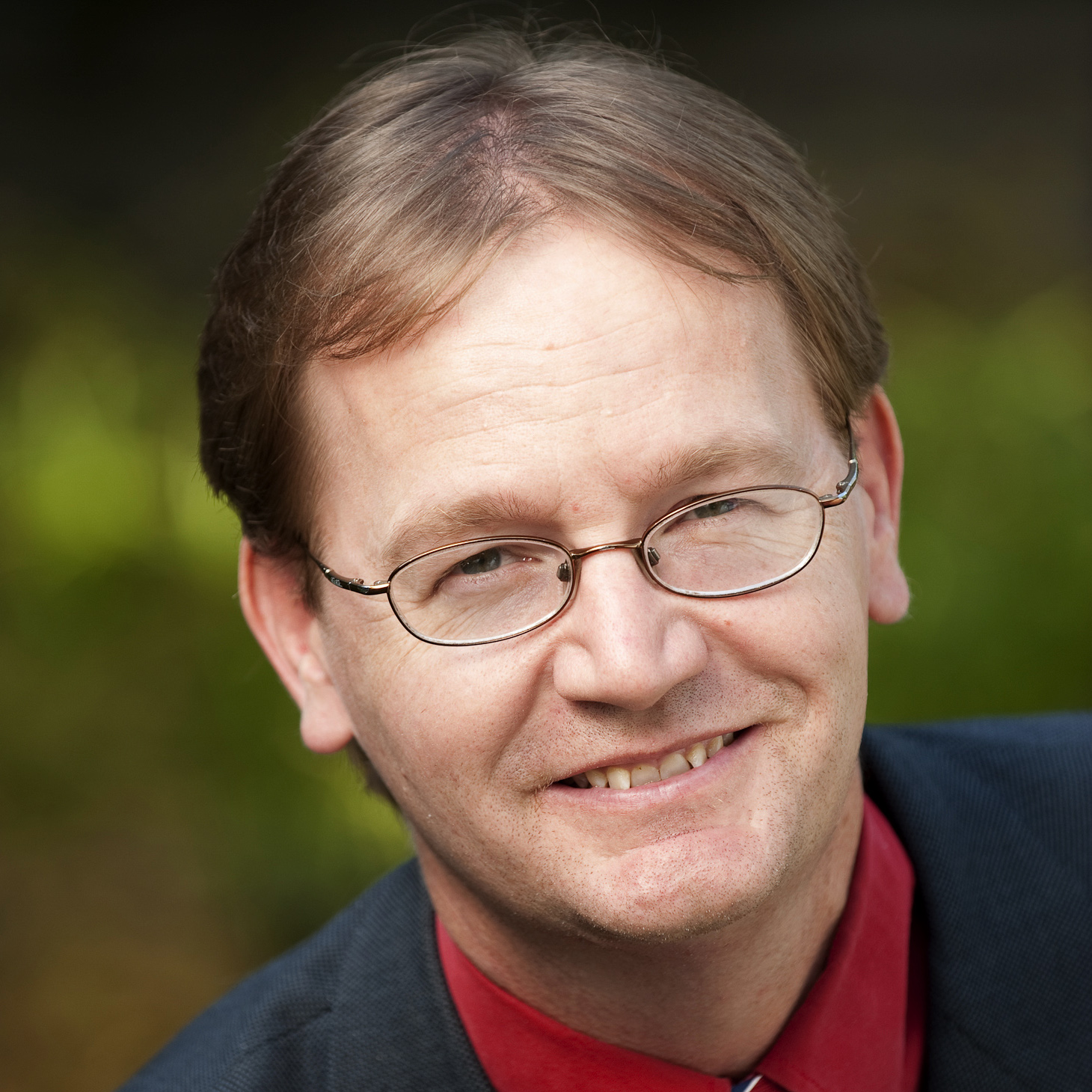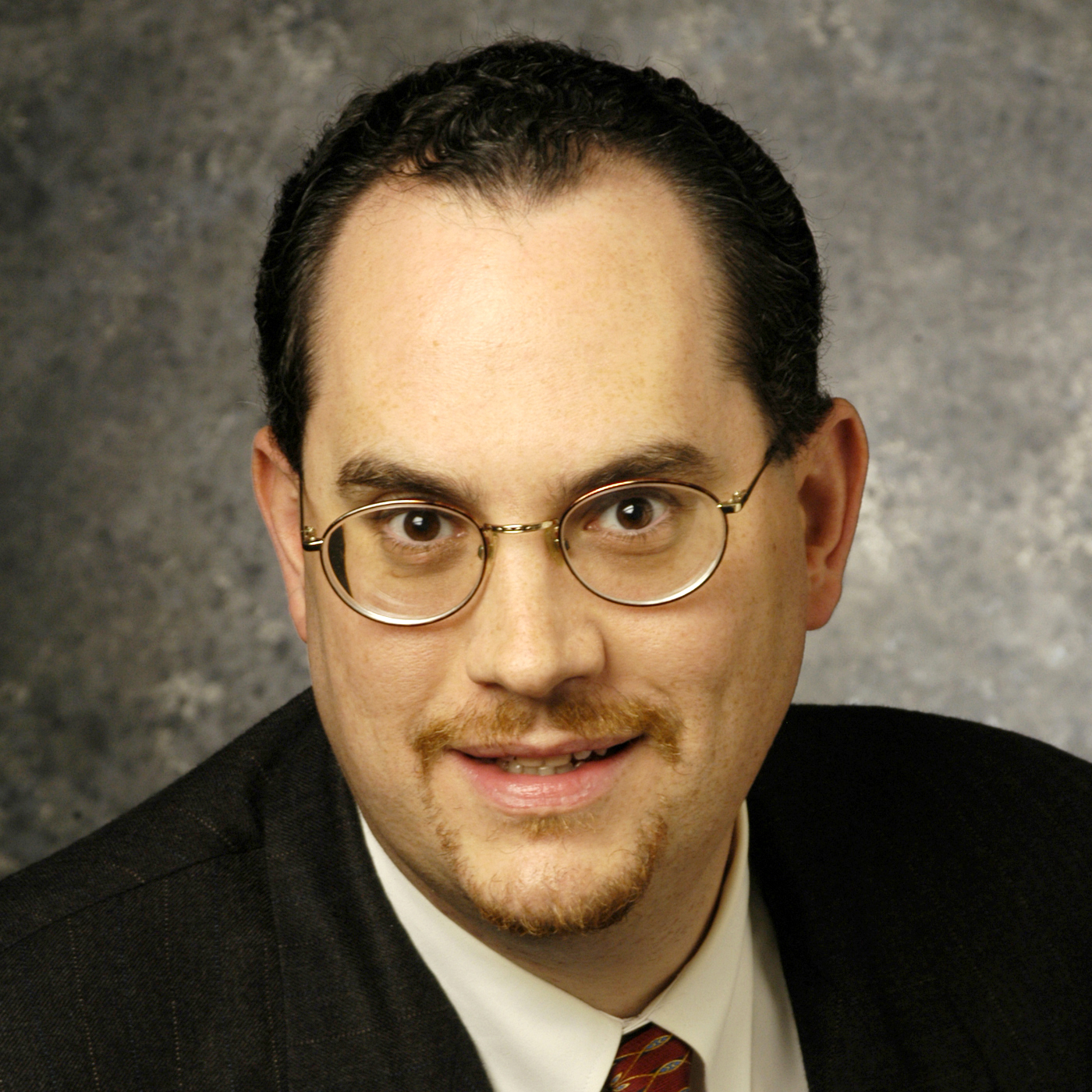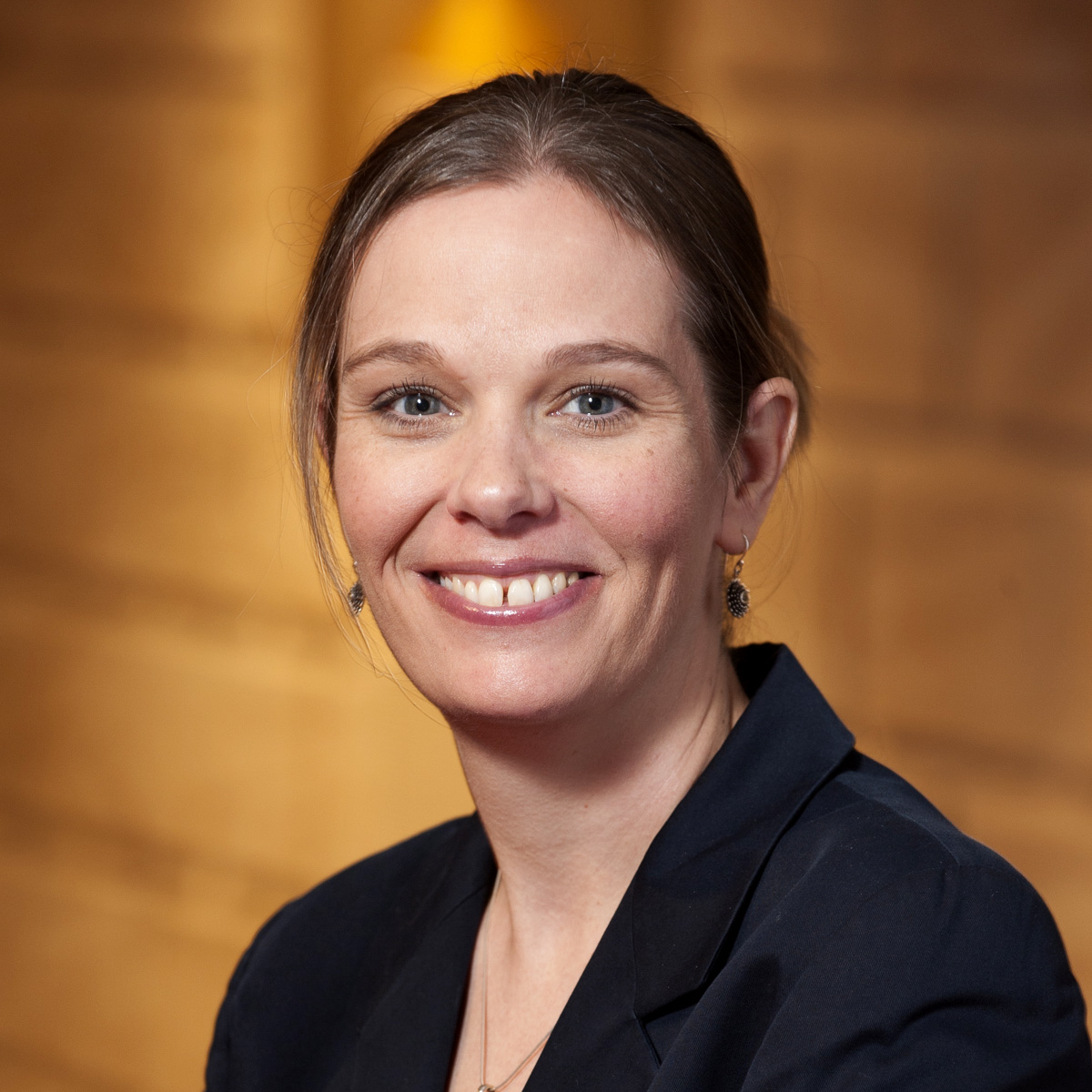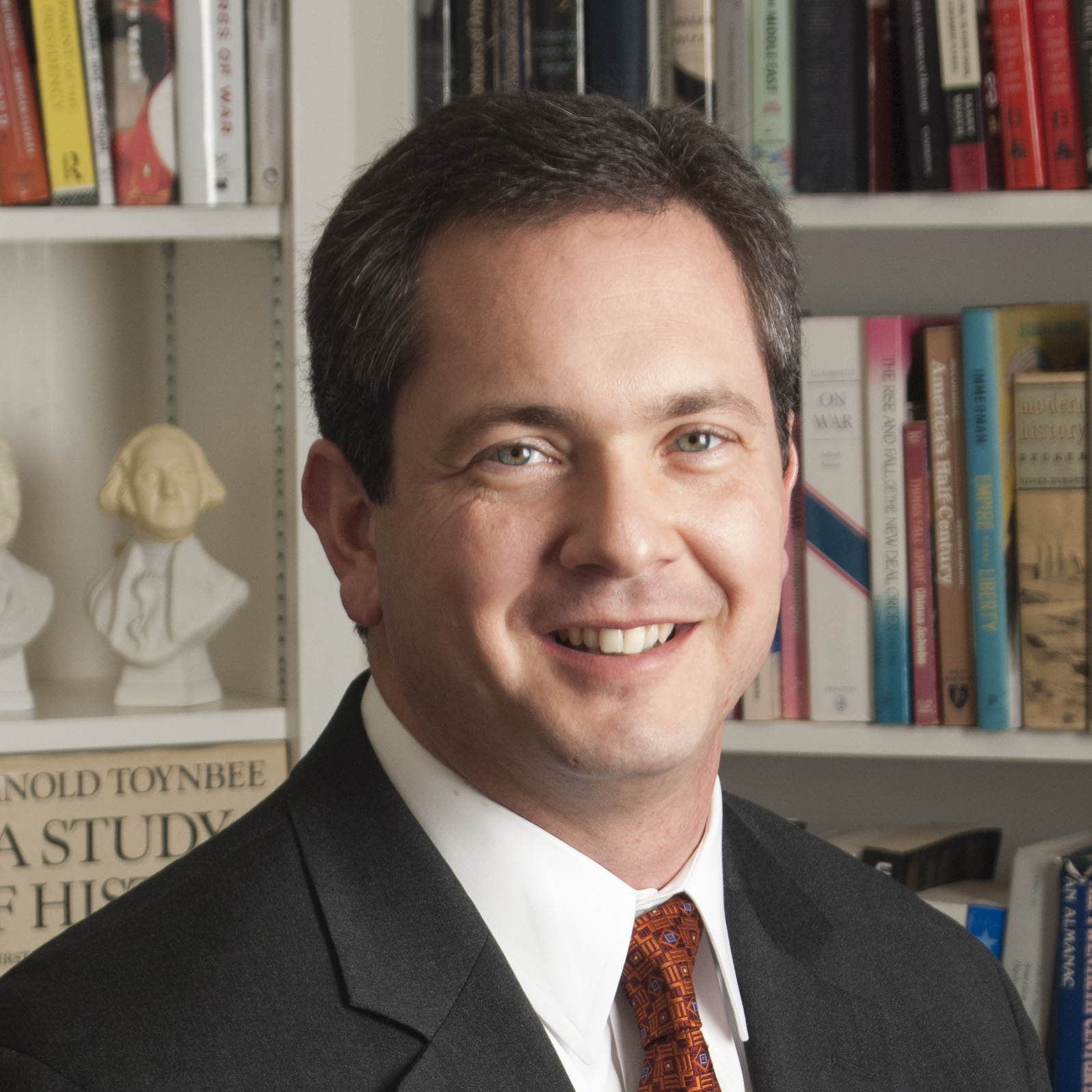Sanders likely to bring the heat during final debate
SMU experts are available for interview on all things debatable in connection with Thursday’s prime time matchup between Hillary Clinton and Bernie Sanders.
DALLAS (SMU) – SMU experts are available for interview on all things debatable in connection with Thursday’s prime time matchup between Hillary Clinton and Bernie Sanders.
| STAKES ARE RAISED ON LAST SCHEDULED DEBATE | |
|
Unlike their oft-raucous Republican counterparts, the Democratic debates have been scenes of civility and restraint this election cycle. Expect that to end Thursday, says Voth. “Bernie Sanders has been reserved in all the debates to this point, but now that this is the last debate, he might venture into some negative territory and say, ‘These are reasons people shouldn’t support Hillary Clinton,’” Voth says. “In his campaign speeches the past month, he’s been more aggressive and negative toward her. I think we’re seeing the frustration of winning eight of the last nine primaries, yet still being dismissed next to the inevitability of Hillary Clinton.” Voth says that frustration boiled through last week when Sanders said Clinton was “unqualified” to be president, before later walking the statement back. “I would advise Sanders to explain (at the debate) how he’ll resolve public frustration with Washington, why he’d be a better president than Clinton and why he’d match up better against the likely Republican candidates than Clinton would,” Voth says. “Those are the three things he needs to spell out.” And if Voth were advising Clinton? “I would urge her to stress the value of unity and explain every delay in coming together is a greater opportunity for the Republicans to prevail,” Voth says. “Try to adopt polite but exiting language toward Sanders, like saying he’s a noble competitor and a valuable part of the party, but that this is not the time to have Sanders as the nominee or as president and the best option for the Democratic party and the nation is to have a president with the experience of Hillary Clinton.” Voth is SMU’s director of debate and an associate professor of corporate communications and public affairs. He can discuss:
|
|
| NEW YORK COULD DETERMINE DEMOCRATIC RACE | |
|
With 247 pledged delegates at stake, New York is the most delegate-rich Democratic primary left on the calendar between now and June. If Clinton wins there, Wilson says those June primaries will likely to come too late to save Sanders’ candidacy. With that in mind, Wilson expects Sanders to go on the offensive Thursday night. “It may turn out it’s too late, but Sanders is rolling out some harsh lines of attack he’s stayed away from until now,” Wilson says. “He’s sharpened his attacks the past week to 10 days. I think he has realized this is his last stand.” Though Sanders’ potential barbs may sting Clinton, Wilson cautions that Clinton’s greatest threat is committing an unforced error. Avoiding this will be her prerogative. “She needs to not overreact,” Wilson says. “She’s playing from ahead. She’s got a comfortable lead in New York, so she just needs to try to rise above it. “If Sanders comes after her, she needs to say, ‘I’m disappointed Sanders has stooped to this level of campaigning. I think we need to come together and realize we share progressive values and realize the real enemy is Trump,’” Wilson adds. Wilson is an SMU associate professor of political science. He can discuss:
|
|
| HOLD THE HORSES, NEW YORK NOT AS IMPACTFUL AS POLITICOS THINK | |
|
On one hand, Martin calls next week’s New York primary “an essential contest.” On the other hand, she says the delegate math has been impossible for Sanders for weeks. Regardless, Martin says Clinton needs a primary win next week and a debate win Thursday night. “Any time you have to explain that you’re winning, you’re losing,” Martin says. “Clinton is up by two million votes, yet the narrative is she’s losing because Sanders has won eight of the last nine states. Clinton has to change the narrative.” Changing the narrative doesn’t mean attacking Sanders, Martin cautioned, but rather playing excellent defense. “Sanders has recently done things like saying Clinton isn’t qualified, then walking it back,” Martin says. “Things between Sanders and Clinton have gotten quite nasty and this will come up at the debate. We might finally have a Democratic debate that’s not deadly boring.” No matter the results, Martin says Sanders’ campaign will continue marching toward the convention. “His grass roots network is giving him more money faster than any other candidate on either side,” Martin says. “He has no intention of dropping out and no reason to. The Democratic Party doesn’t want him back – I think the establishment is wondering why it let him run as a Democrat. This race has been over mathematically for a while, but we’ll still be doing this in the summer. Why do we think that when the primaries end, people will start acting normal?” Martin is an SMU assistant professor of communication studies in the Meadows School of the Arts. She can discuss:
|
|
| WHY SANDERS’ FOREIGN POLICY FLUBS AREN’T FATAL, AND WHY CLINTON’S FOREIGN POLICY EXPERIENCE ISN’T A WINNING ARGUMENT |
|
|
Sanders made news for the wrong reasons last week when an interview with the New York Post’s editorial board revealed his understanding of foreign policy was thin. It was an embarrassment, but it also faded relatively quickly from the news cycle, and Engel says it serves as a perfect example of the unique role foreign policy typically plays in presidential politics. “Foreign policy can have a huge effect on a campaign, but historically almost no effect on an election,” Engel says. “It can lead to snafus, goofs or ‘oh no’ moments. It is subject to dramatic, unexpected events that can happen oversees, however almost never in American history have voters cast their ballots with foreign policy at the top of their minds.” Despite the threats of ISIS, the plight of refugees and the specter of Benghazi – all issues that have commanded the attention of candidates at some point or another since summer – Engel expects this November’s election will be no different from those in the past. “Americans will vote with their pocketbooks,” Engel says. “The hard fact that no one can refute is if you’re voting on foreign policy experience, it wouldn’t be a campaign. There’s no question who is the most qualified, but evidence shows voters make decisions based on their pocketbooks and something indefinable, which is who do they think should be their leader.” Just because Engel accepts the reality of voting patterns doesn’t mean he likes them. As he sees it, voters should reprioritize the way they judge their candidates. “There are a billion decisions made by countless people that go into the state of the economy, but only one person has control over nuclear weapons,” Engel says. “We give the president way too much credit when the economy does well and way too much grief when it does poorly. The president can make all sorts of mistakes in terms of tax policy, housing authority, regulatory policy and we’re still here, but one wrong move in foreign affairs and we lose everything.” Engel is director of the SMU Center for Presidential History. He can discuss:
|
|
###
SMU Uplink Facility
SMU has an uplink facility located on campus for live TV, radio, or online interviews. To book an SMU guest in the studio, call SMU News and Communications at 214-768-7650.
SMU is a nationally ranked private university in Dallas founded 100 years ago. Today, SMU enrolls approximately 11,000 students who benefit from the academic opportunities and international reach of seven degree-granting schools.
21714-nr-4/13/16-kr
 BEN VOTH:
BEN VOTH: MATTHEW WILSON:
MATTHEW WILSON: STEPHANIE MARTIN:
STEPHANIE MARTIN: JEFFREY ENGEL:
JEFFREY ENGEL: